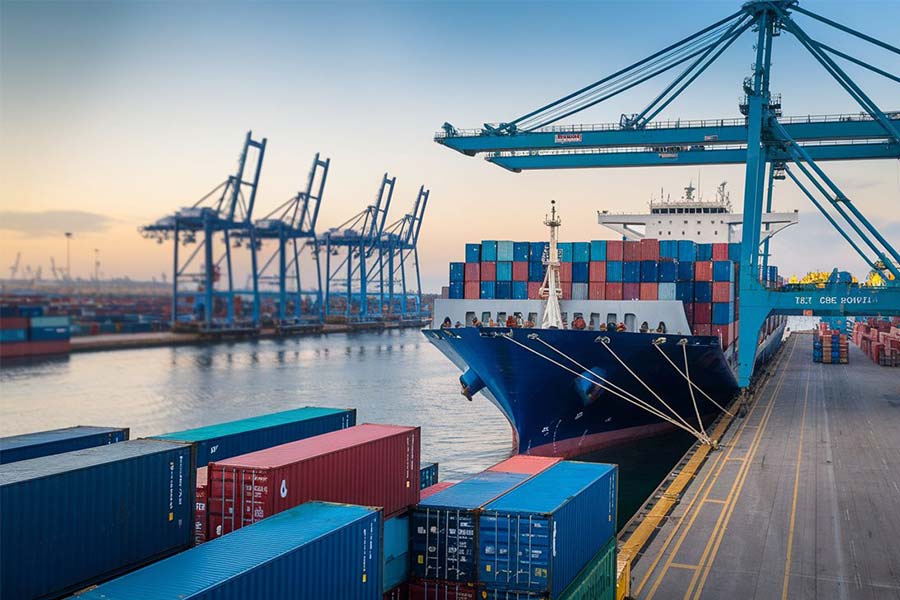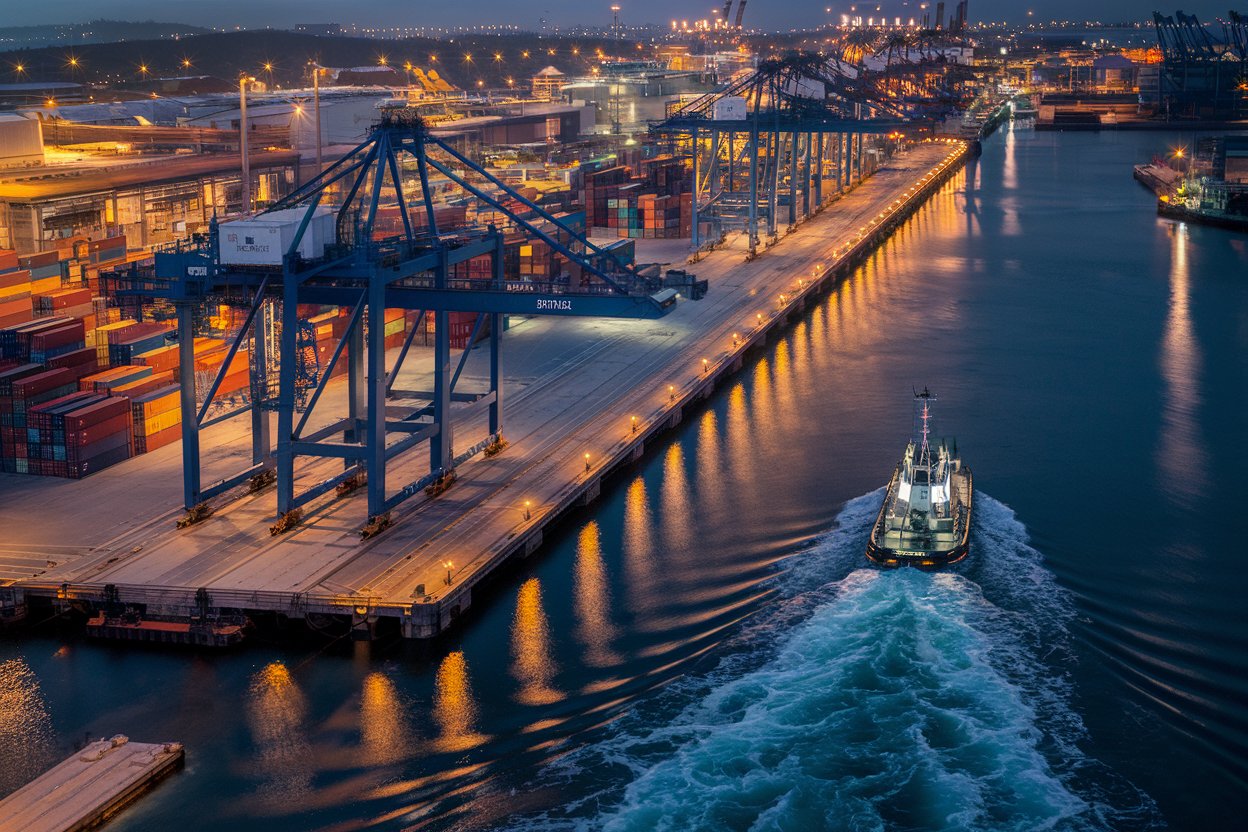- Shanghai Zhongshen International Trade Co., Ltd. - Two decades of trade agency expertise.
- Service Hotline: 139 1787 2118

Global LaboratoryEquipment ImportsMarket New Landscape
The global laboratory equipment market size is projected to exceed $82 billion by 2025, with analytical instruments accounting for an increased share of 38%. The demand for equipment in the biopharmaceutical sector is growing at an annual rate of 12.7%. As the world's second-largest import market, China's customs data shows a 19.3% year-on-year increase in declarations of special-purpose instruments in the first half of 2025. However, the rejection rate remains high at 8.7%, highlighting the importance of professional agency services.
The core value system of professional agency services
Customs Clearance Efficiency Improvement Plan:
- The HS Code precise matching system reduces declaration time by 30%.
- AEO-certified enterprises enjoy priority inspection channels.
- The pre-processing mechanism resolves 90% of classification disputes.
Tax Optimization Operation Model:
- Dynamic Tracking of Import Tariff Reduction Policies for Scientific Research Equipment
- In-depth Analysis on the Applicability of Free Trade Agreement Tariff Rates
- Plan for Improving the Efficiency of VAT Credit Refunds
Risk Prevention and Control Safeguard Mechanism:
- Technical Barriers to Trade (TBT) early warning system
- It is recommended to verify through the following methods:Three-level verification of authenticity.
- Intellectual Property Recordation Pre-screening Mechanism
In-depth Analysis of Industry Application Scenarios
Typical Case of Equipment Import in the Biomedical Field: A new vaccine R&D enterprise successfully imported a complete set of equipment for a BSL-3 laboratory within three months through professional agency services, effectively bypassing the restrictions of the EU's new IVDR regulations and saving $230,000 in tariff expenses.
- Materials Science Laboratory:
- The processing period for the import license of synchronous thermal analyzers has been reduced by 40%.
- Rapid Distribution and Customs Clearance Solution for SEM Components
- Environmental Monitoring Agency:
- Application for CCC Certification Exemption of Air Sampling Equipment
- Water Quality Analyzer Calibration Service Customs Clearance Coordination Plan
Evaluation Dimensions for Agent Service Provider Selection
The Threefold Competency Matrix That a High-Quality Service Provider Should Possess:
- Accumulation of industry experience:
- Over 5 years of case database for specific equipment agency.
- Customs AEO Advanced Certification qualification
- Service Network Coverage:
- Localized service team for major ports
- Global major supplier connection channels
- Compliance management capability:
- Trade Compliance Audit System
- Emergency response mechanism for unexpected incidents
Key Development Trends for the Next Three Years
The 2025 regulatory new policy released by the General Administration of Customs indicates: Imported laboratory equipment will be subject to categorized management, with the inspection ratio for precision instruments reduced to 15%, while supervision intensity for biosafety equipment will increase by 20%. Professional agency service providers are required to establish a dual-track service system, simultaneously enhancing clearance efficiency for traditional equipment and compliance management capabilities for new equipment.
It is worth noting that after the full implementation of the RCEP agreement, import tariffs on precision instruments from Japan and South Korea will decrease by 8-12 percentage points, while the standards for implementing rules of origin will be raised by three levels. This places higher demands on the rule interpretation capabilities and document preparation proficiency of agency service providers.
Related Recommendations
? 2025. All Rights Reserved. Shanghai ICP No. 2023007705-2  PSB Record: Shanghai No.31011502009912
PSB Record: Shanghai No.31011502009912










